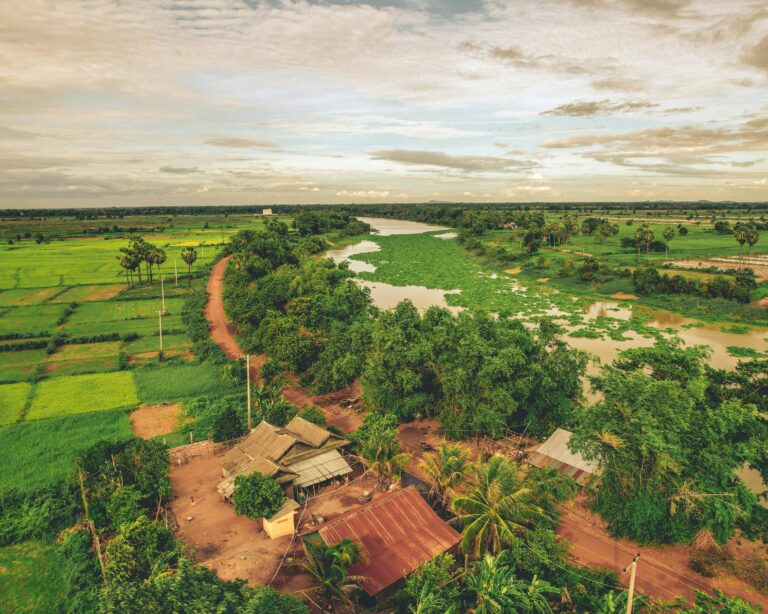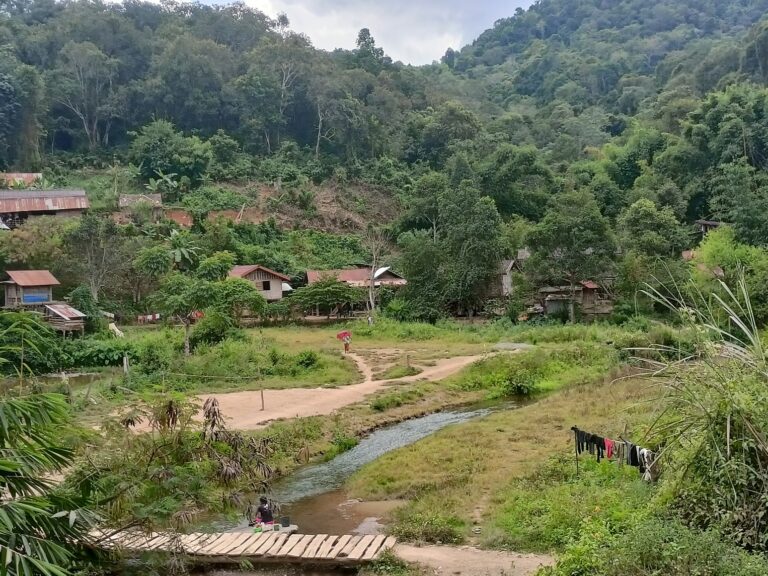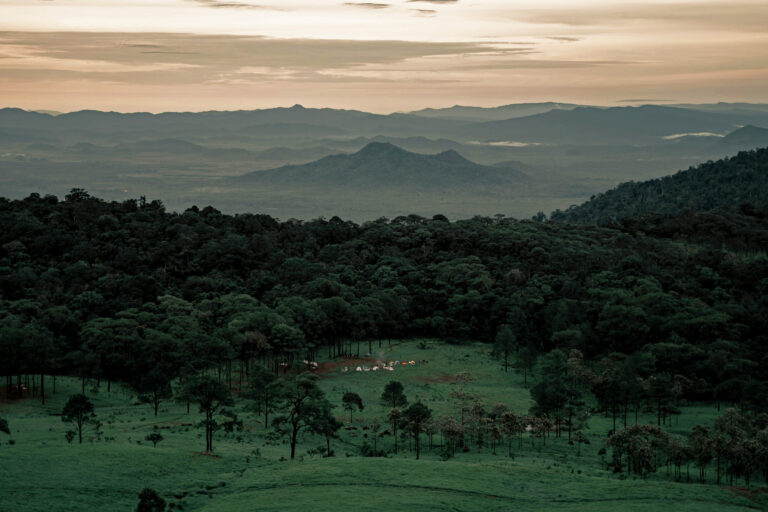Project Description
The Kyrgyz Republic faces significant landslide risks due to its seismic activity and variable weather patterns. Approximately 15,000 km², or 8% of the country, is susceptible to landslides, endangering an estimated 10,000 households—many in poor, rural areas. To address this, ICEM, in partnership with Tre Altamira and SEC GEOPRIBOR, supported the Ministry of Emergency Situations (MOE) in developing an investment project to reduce exposure and vulnerability of people, infrastructure, and livelihoods to landslides. The project integrated structural and non-structural risk management measures and contributed to national resilience-building efforts.
Objectives, Activities, and Results
The project was implemented in four phases. Phase 1 involved inception and data scoping. Phase 2 developed a national Landslide Risk Reduction Framework through baseline assessments of landslide and seismic risk (including climate change), poverty and gender vulnerability, risk financing, and institutional capacity. Phase 3 prioritized investment activities using criteria based on technical, social, and economic analysis. Phase 4 focused on preparing the investment project, including topographic and geological surveys, site-level risk assessments, technical feasibility studies, environmental and social safeguards, and a gender action plan. The final output was a comprehensive, costed investment project proposal ready for financing to address landslide risks in high-priority area.




